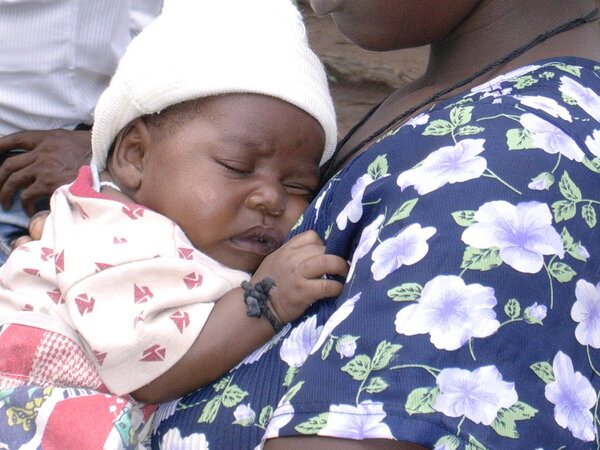Severe Malaria Treatment in Children
New-borns and infants less than 12 months of age are one of the most vulnerable groups affected by malaria.
During pregnancy, malaria infection in the mother can cause low birth weight and result in infant death. After birth, susceptibility to severe malaria is slightly reduced, driven by immunity conferred by the mother.
However, in malaria-endemic areas, infants once again become vulnerable to Plasmodium falciparum malaria at approximately 3 months of age, when immunity acquired from the mother starts to wane. Thereafter, infants are again at increased risk of rapid disease progression, severe malaria and death. Severe anaemia is particularly common in this age group in areas of high transmission, making the young more vulnerable to other illnesses.
P. vivax malaria, traditionally viewed as a relatively benign form of the disease, can also be a major cause of morbidity and mortality in infants and young children. A number of studies report that a high proportion of severe malaria episodes may be caused by P. vivax in this age group.
Treatment in infants
Most antimalarials lack infant formulations, which can lead to inaccurate dosing. Because the health of infants can deteriorate rapidly, there should be a low threshold for the use of parenteral treatment.
For severe cases, when parenteral (intravenous or intramuscular) treatment cannot be given, rectal artesunate should be administered and the infant transferred immediately to a facility where full level of care can be provided.
A single dose of Artesunate Rectal Capsules as pre-referral intervention reduces the risk of death.
